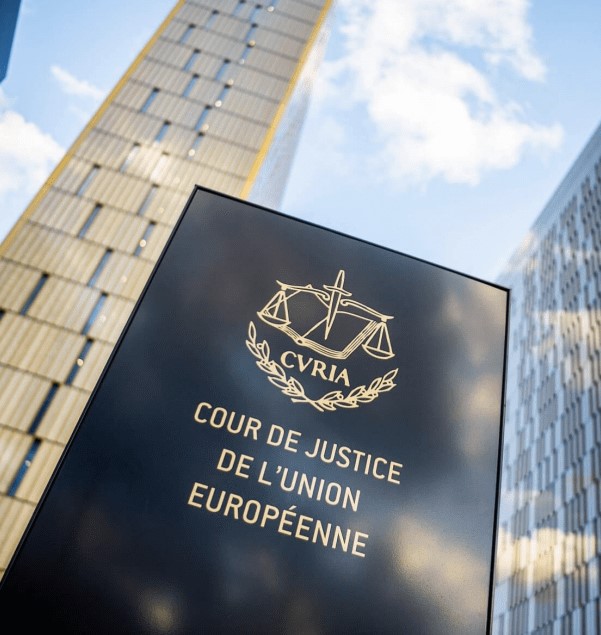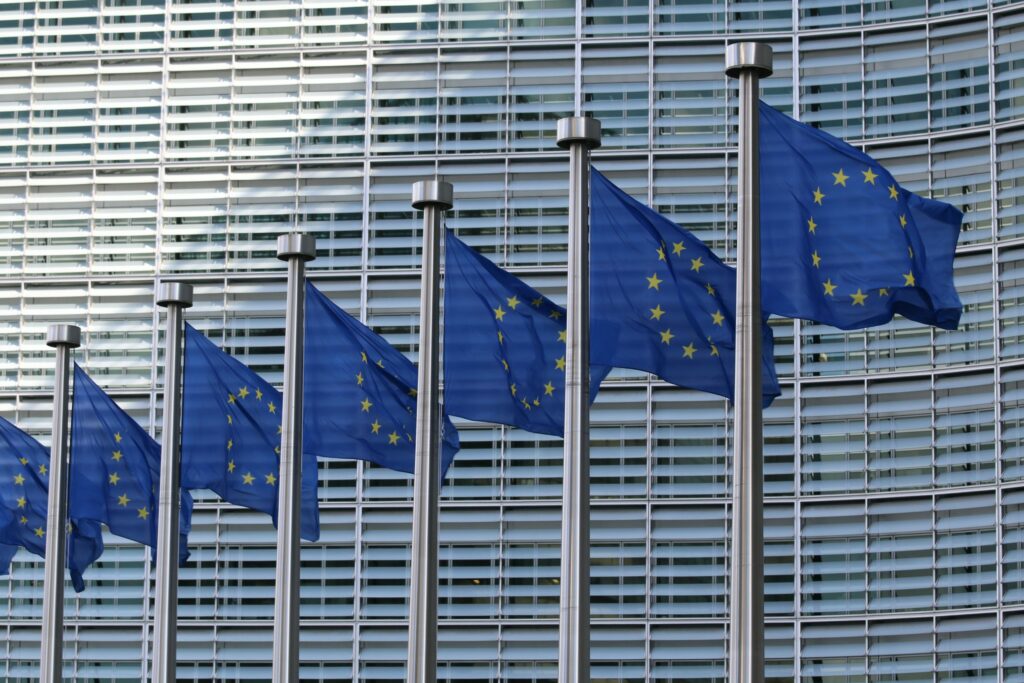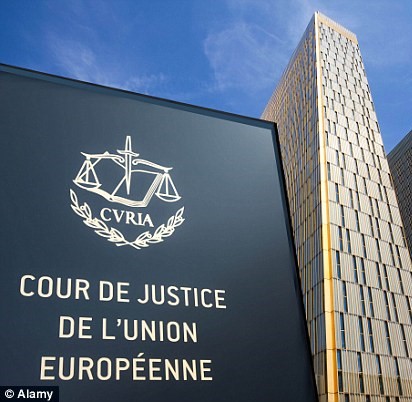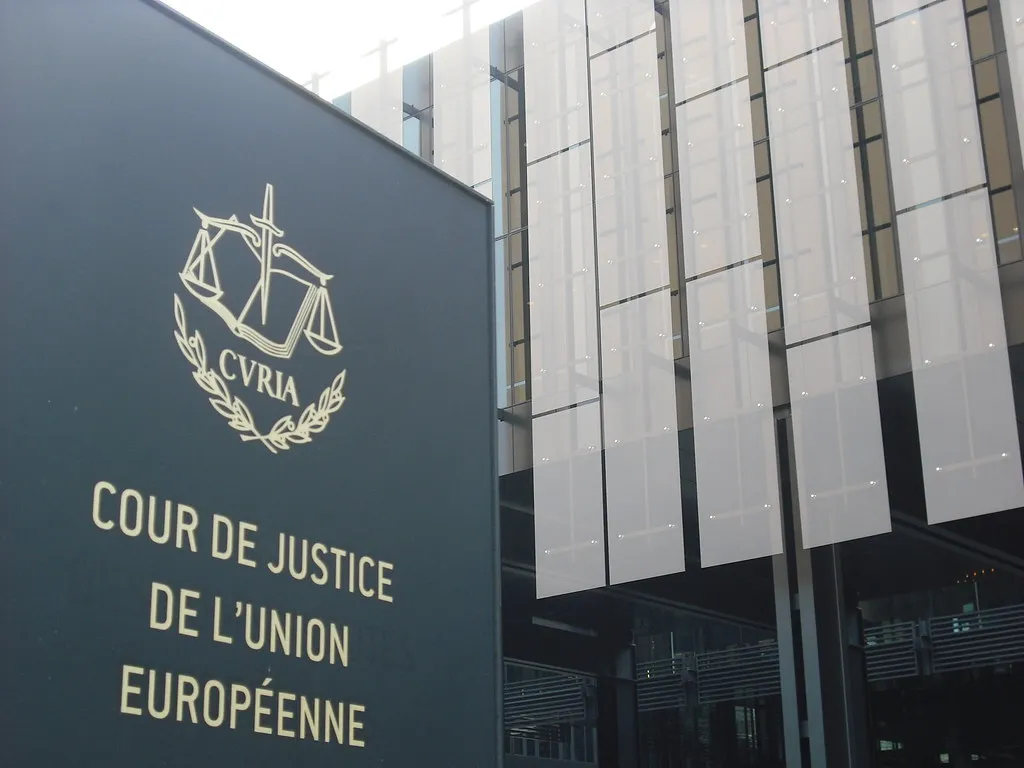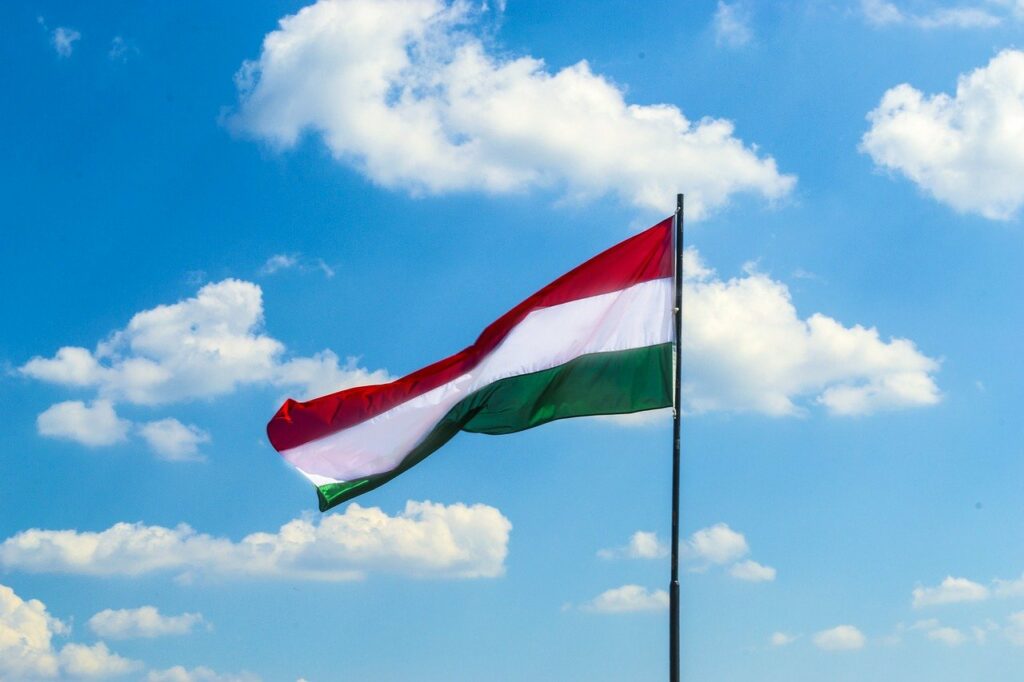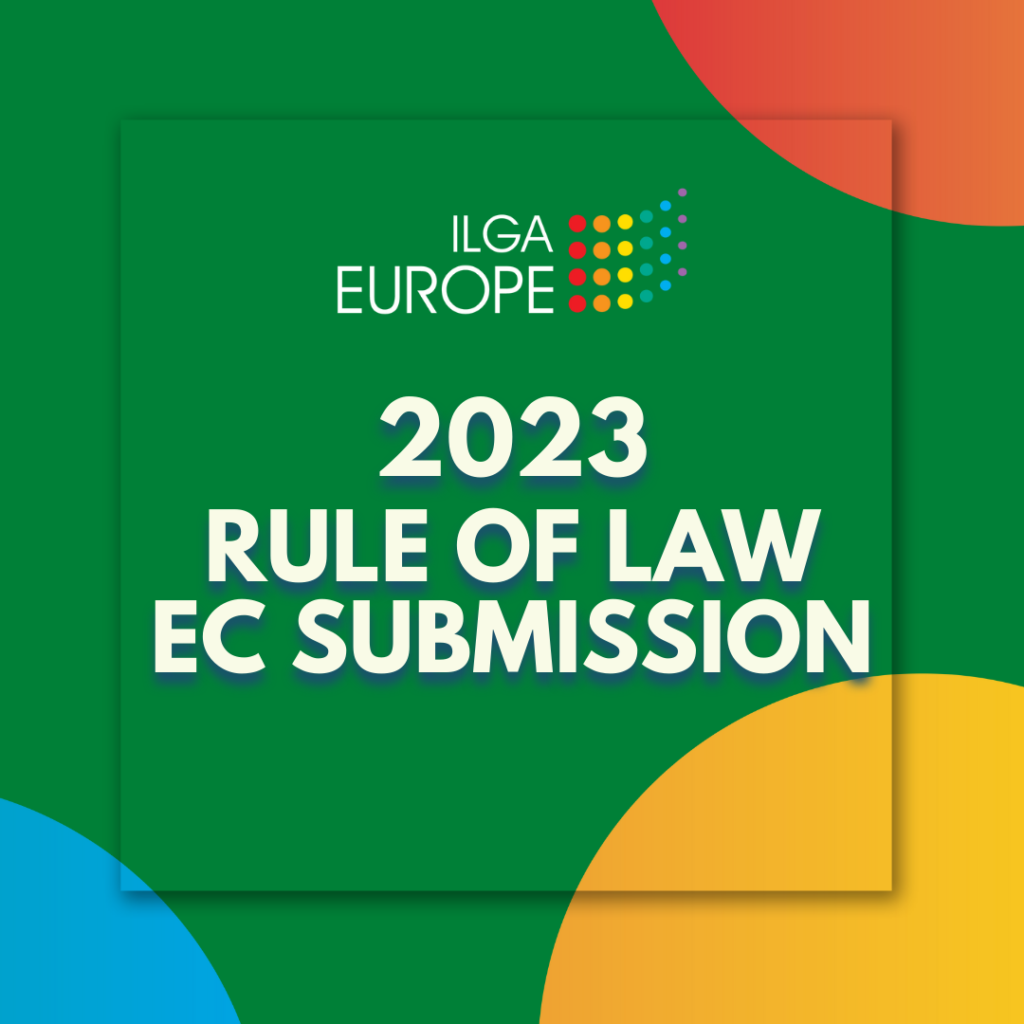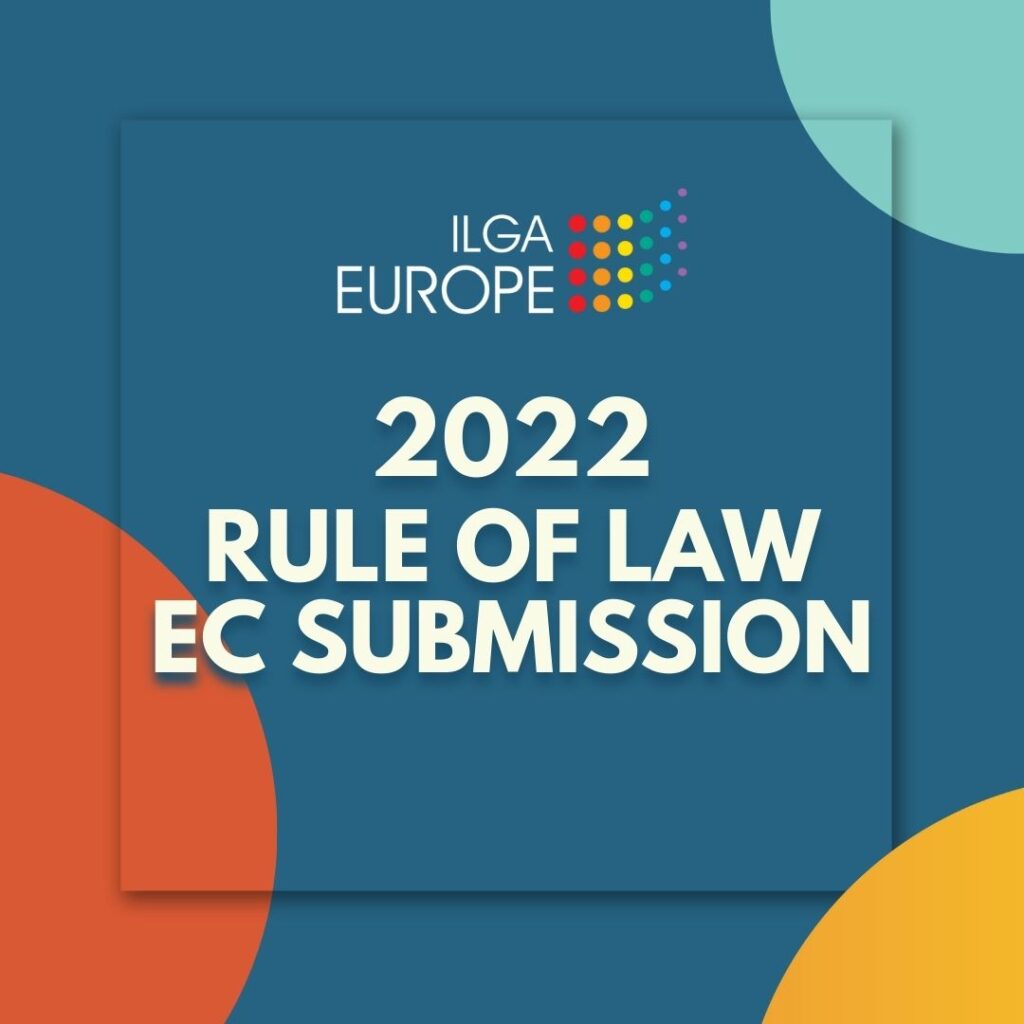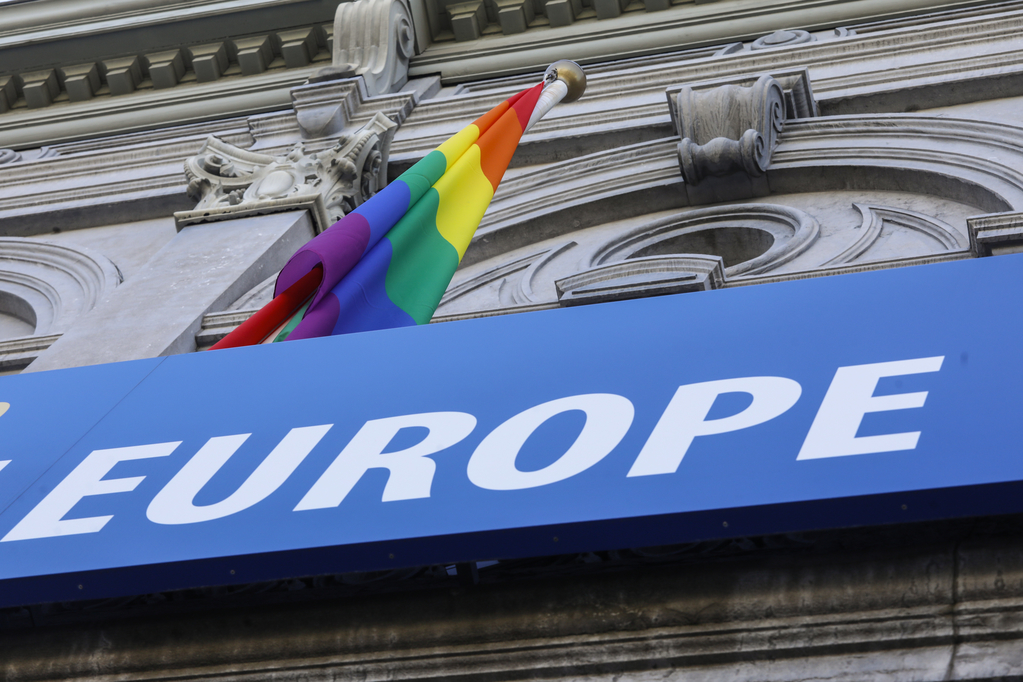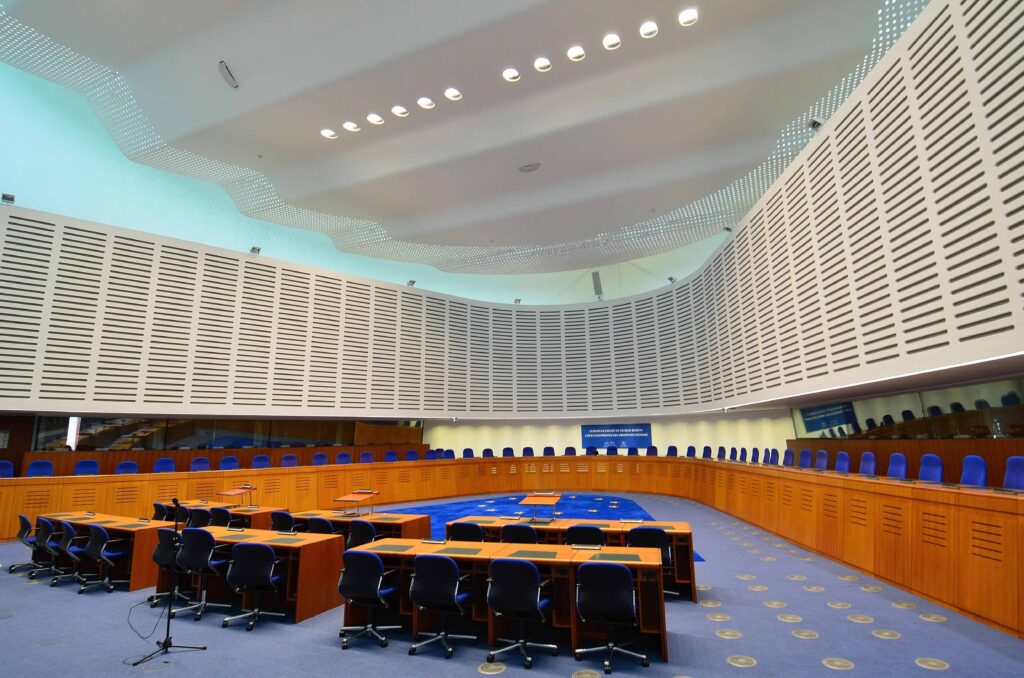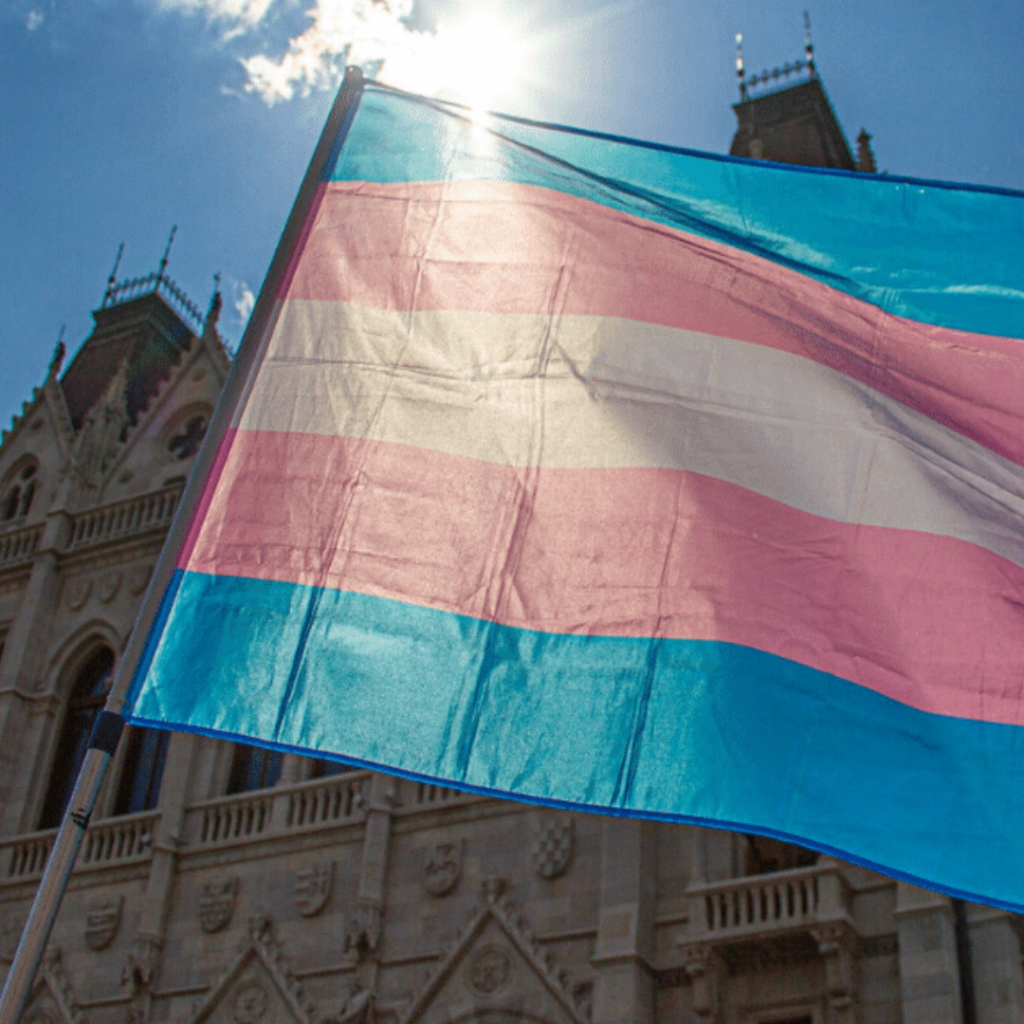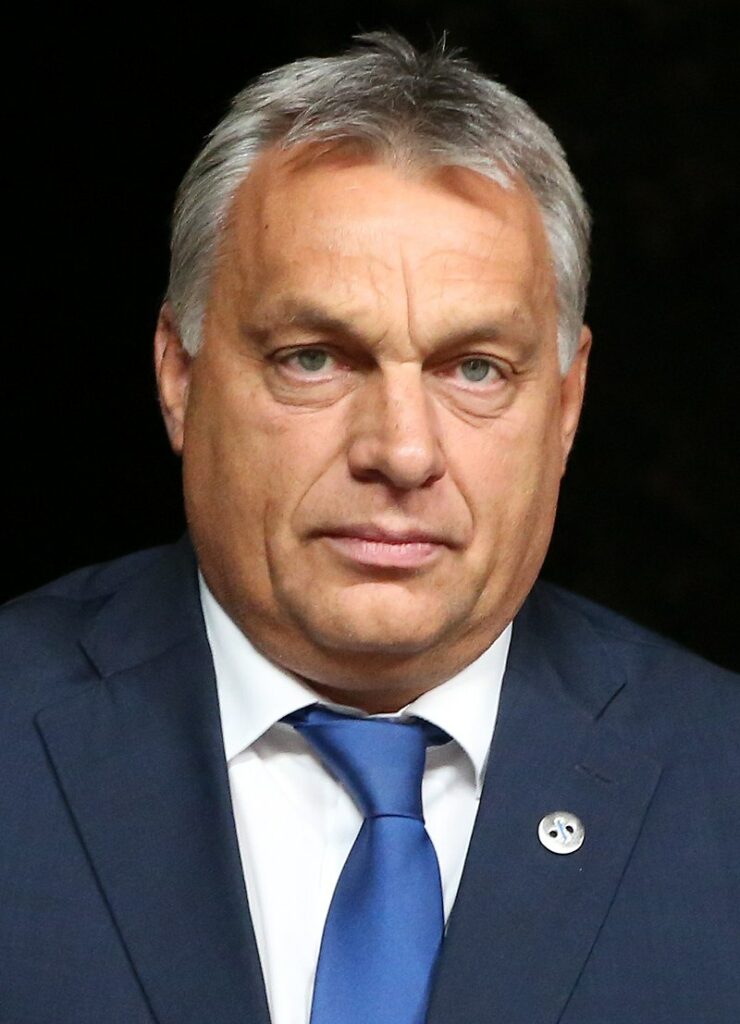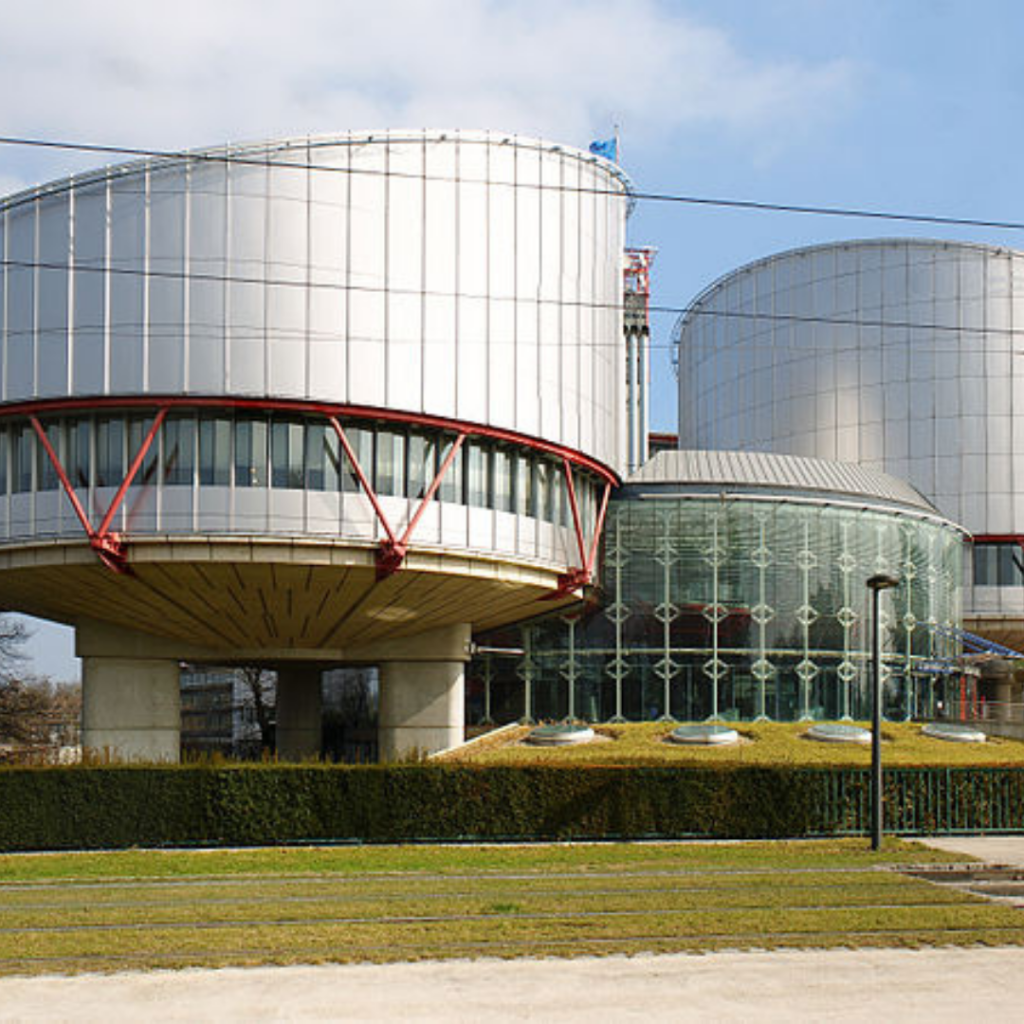Hungary
Categories Score
The full bar chart stands for 100%, and is filled by the country category score. The colour display uses the traffic light palette, with Green representing a score closer to 100% and Red a score closer to 0%.
ASYLUM
This category looks into laws that expressly include SOGISC as a qualification criteria for seeking asylum. We also take into account other legislation, policies, instruction or positive measures by state actors that are related to asylum addressing the needs and rights of LGBTI asylum seekers and refugees.
Criteria Compliance Ratio
Each pie charts stands for a category and is divided in slices by criteria. When a country complies with a criteria – fully or in some regions – the slice is coloured.
Keep in mind the criteria have different weighting factor within a category; for example, the criteria Prohibition of medical intervention without informed consent (intersex) stands for half (2.5%) of the INTERSEX BODILY INTEGRITY category weighting factor (5%). Meaning that even if a country can only comply with this specific criteria within the category (1/4 total criteria) the category scores 50%.
More information on the categories and criteria weighting factors here.
Category & Criteria Table
The table lists detailed information and insights on legislation supporting each criterion status. Please use the filters for in-depth analysis.
n/a = not applicable, meaning the criteria didn’t exist in the previous Rainbow Map edition (PROGRESSION column)
- Complies
- Applicable in some regions only
- Does not Comply
RECOMMENDATIONS
In order to improve the legal and policy situation of LGBTI people in Hungary, ILGA-Europe recommend:
- Revoking the ban on legal gender recognition and developing a fair, transparent legal framework for legal gender recognition, based on a process of self-determination and free from abusive requirements (such as sterilisation, GID/medical diagnosis, surgical/medical intervention, compulsory divorce or age restriction).
- Removing obstacles to the effective exercise of freedom of expression at national and local levels and removing legislation censoring communication about LGBTI people.
- Tackling anti-LGBTQI public discourse.
Annual Review of Hungary
In our Annual Review of the Human Rights Situation of LGBTI People in Europe and Central Asia, we examine the advances made and provide concrete examples of on-the-ground situations at national level country-by-country in the 12 months from January to December 2024.
Read our Annual Review of Hungary below for more details and stories behind the Rainbow Map. You can also download the Annual Review chapter (.pdf) covering Hungary.
-
Erste Bank set up an initiative to help trans people whose identity does not align with the name or gender marker listed on their identity documents by providing them the possibility of using a given name chosen from the list of Hungarian first names.
In March, the local community centre in Kecskemét refused to rent rooms to Labrisz Lesbian Association for a movie
screening, arguing that Labrisz is an “ideology-based civil society organisation”. Labrisz challenged the refusal in court, and the proceedings are pending.
-
A request for preliminary ruling concerning the applicability of Article 16 of the GDPR in procedures for changing the gender marker of refugees is pending before the Court of Justice of the European Union. (See also under Legal Gender Recognition.)
The opinion of the Advocate General was published on September 12, 2024, noting that, according to Article 16 of the GDPR in conjunction with Article 5 (1) (d) of the GDPR, Hungarian authorities are obliged to correct the gender of the applicant, whose data was initially recorded inaccurately.
-
In April, the organisation Hatvannégy Vármegye Ifjúsági Mozgalom (HVIM, Sixty-Four Counties Youth Movement) made a complaint at the school district about a school psychologist, who is also an organiser of the Budapest Pride, arguing that she should not work with children because she is an LGBTI activist. The school
district initiated an investigation and asked the teacher to refrain from her civil society engagement. This process eventually led to the termination of the employment contract by the employee. In addition, HVIM published several videos unlawfully releasing her personal data to the public. Legal proceedings are pending, aimed at holding HVIM accountable for the unlawful release of personal data and the resulting harm.
PM Orbán delivered a speech at the European Parliament on the priorities of the Hungarian presidency in which he claimed “Illegal migration has led to increasing anti-semitism, violence against women and homophobia”.
-
In May, a group of men physically assaulted a bar’s patron after discovering his sexual orientation.Criminal proceedings have been initiated, but the perpetrators have so far not been identified as they fled the scene after the incident.
In July, two gay men were physically and verbally assaulted in Siófok. A criminal proceeding is pending but the perpetrators have not been identified so far.
-
In line with guidance by Eurostat, the Hungarian Central Statistical office started to collect data on sexual orientation discrimination as part of its Statistics on Income and Living Conditions survey.
-
Due to the so-called child protection law, which requires all educational projects, including activities in schools, to be registered with a public body, an EU-funded project aimed at making schools and workplaces more inclusive for LGBTI people using informal education methods, could not implement planned in-school sessions. However, the registration process has yet to be established, and organisations running the EU-funded project have taken legal action against the Ministry of Education for failing to register the program, with the court case still ongoing.
-
In June, the Parliament adopted a new package of child protection laws that – among others – introduced psychological assessment and background checks on foster parents and all staff working in child protection services. The legislation also deemed anyone with ‘sexual deviances’ as unfit for these roles. Concerns have been raised about the questionnaires used in the assessments, which include questions about intimate partners and social activities, potentially leading to the exclusion of individuals with non-heterosexual orientations.
-
Gergely Gulyás, head of the Hungarian government office, confirmed that Hungary would not alter its policies criticised by the European Union for infringing on LGBTI rights and asylum seekers’ rights.
-
On judicial review, six decisions declaring people unsuitable for adoption in recent years with reference to their sexual orientation and/or the fact that they live with a same-sex partner, were overturned. However, the guardianship authorities have so far failed to implement the judgments, forcing clients to repeatedly judicial review. Although LGBTI people are not explicitly excluded from individual adoption, guardianship offices either discourage them, or refuse their suitability for adoption based on discriminative grounds.
In January, the National Tax Authority issued a statement confirming that de facto children also inherit without the duty to pay inheritance tax. In practice, this means that children of de facto partners are to be treated equally as the children of spouses or registered partners.
In February, Hungary’s Constitutional Court confirmed the refusal to register a child adopted abroad by a same-sex couple. Despite attempts to have the adoption registered and the child naturalised as Hungarian, the court upheld the rejection, citing that the matter is res iudicata considering that the applicant started a fresh procedure after getting divorced from his same-sex partner.
In May, the Hungarian State Treasury updated the childcare fee application forms to clarify that same-sex registered partners are also eligible to claim its benefits.
In May, a woman co-parenting three children with her same-sex partner—one being her biological child and two her partner’s biological children—applied for family allowance (családi pótlék) for all three. Her request was denied, with authorities arguing that she has no legal relationship with her partner’s children, despite the law stating that registered partners should be treated the same as spouses. The case is the subject of ongoing legal proceedings.
In July, the website csalad.hu containing detailed information on all family support schemes was amended, clarifying that registered partners are to be treated in the same way as married couples for the purposes of family allowance (családi pótlék).
In October, child welfare authorities have once again rejected the suitability for adoption of a gay applicant, despite a previous court ruling that had annulled a discriminatory decision from the District Guardianship Office. The court had ordered the guardianship authority to begin a new procedure, emphasizing
that the authority should send the applicant’s case to the Minister for Children and Youth Policy for final approval. However, despite these clear instructions from the Metropolitan Court of Budapest, the guardianship authority issued another negative decision.
While it acknowledged that the applicant met all criteria, the authority continued to raise concerns about the applicant’s sexual orientation, citing a restrictive interpretation of family roles and the absence of a maternal role model.
-
In January, Hungarian Prime Minister Viktor Orbán asserted that Hungary’s economy is robust enough to function independently of EU funds. He downplayed concerns that the country’s access to these funds is contingent upon adherence to the rule of law.
-
On May 11, the Prizma Trans Community successfully organised the second Trans Pride in Budapest. The event took place without any counter-demonstration and welcomed around 250 participants.
In June, the 29th Budapest Pride Festival took place, with organisers pledging to continue their opposition to the government’s anti-LGBTI policies. Although the event faced minor provocations, Budapest Mayor Gergely Karácsony, alongside representatives from the liberal Momentum party, the socialist- democrat DK party, and U.S. Ambassador David Pressman, spoke on stage.
In July, a municipality-affiliated venue in Debrecen, with the assistance of Hungarian Civil Liberties Union, attempted to block the second Pink Piknik, an LGBTI event, organised by CívisColors. However, the event proceeded without difficulties. The police were cooperative and professional.
-
In December 2023, the Act on the protection of national sovereignty was passed. In February 2024, the Sovereignty Protection Office was set up with the ability to carry out investigations relating to ‘any activity that is foreign-funded and that may influence the outcome of elections, the will of voters or supports such activities’. In October, the European Commission decided to launch an infringement procedure against Hungary, identiyfing that the law violates several fundamental rights enshrined in the EU Charter of Fundamental Rights: the right to respect for private and family life, the freedom of expression and information, the freedom of association, the right to legal professional privilege, as well as the presumption of innocence, which implies the right not to incriminate oneself.
-
In January, the European Union Agency for Fundamental Rights (FRA) published a report on the Hungarian child protection system prepared by the National University of Public Service and the Office of the Fundamental Rights Commissioner on its website.
The report referred to the anti-LGBTI law as ‘promising practice’. After protest from civil society organisations, FRA added text distancing itself from the content of the report.
In February, the Budapest Metropolitan Court ruled on the legitimacy of a 12-million-forint fine imposed by the Hungarian government in September 2023 on Líra Könyvkiadó, a bookshop accused of violating regulations by failing to wrap and separate copies of the LGBTI graphic novel Heartstopper from other youth books. Líra appealed the fine, arguing that a missing comma in the legislation altered its interpretation.
The court upheld Líra’s argument, clarifying that the law stipulates that books must be in closed packaging only if they are displayed separately from other products. Conversely, if the books are not separated, no wrapping is required. Since then, the Government has requested a review before the Supreme Court (Kúria) which, in October, overturned the lower court’s judgment and remanded the case by prioritising teleological interpretation over grammatical interpretation, and invoking Article L and Article XVI of the Fundamental Law to demonstrate the legislative intent. According to the Kúria, despite the missing comma, the intent of the law was clear, and the focus should not solely be on grammatical interpretation but also on the law’s broader purpose.
In a similar development, in March, the Győr Regional Court overturned the fine imposed by the Komárom-Esztergom County Government Office on a Líra bookstore in Tatabánya. The fine had been levied after an inspection in September 2023 at the bookstore, which found the book Esti mesék lázádó lányoknak (Goodnight Stories for Rebellious Girls) being sold among children’s books, wrapped in foil. The Government Office had argued that the book’s depiction of gender reassignment violated the Child Protection Act, but the court disagreed, noting that the book’s content did not promote gender reassignment for its own sake but as part of a wider narrative.
In April, in response to the above-mentioned judgements the Government Decree regulating the conditions of exercising commercial activities was amended to apply to products whose design, appearance or packaging prominently display gender nonconformity, gender reassignment or homosexuality.
In late October, the Szeged Court of Justice ruled in favour of a Líra bookstore in Kecskemét, in a lawsuit involving a consumer protection fine, determining that the government office’s fine of five million forints was unlawfully imposed. The case dates back to September 2023 when the government office inspected the store and found several books which featured foil-wrapped covers. One of the stories in the book was about trans activist Coy Mathis, whose life was documented in a film. Following the inspection, the authority initiated a consumer protection procedure, claiming the book promoted “the deviation from the self-identity corresponding to the birth gender” and imposed the fine, additionally banning the book’s sale in stores located within 200 metres of schools and churches.
In October 2024, Hungary’s National Media and Communications Authority (NMHH) addressed a complaint regarding the TV2 programme Sztárban Sztár All Stars. A complaint raised concerns that the show promoted ‘LGBTI propaganda’, citing an instance where ‘men dressed as women’ performed songs. However, after an official investigation, the NMHH concluded that the programme did not breach classification rules or media regulations and no action was taken against the media provider.
-
Hungarian authorities started to enforce existing criminal sanctions on unauthorised trade of medications against people ordering PrEP online. Access to PrEP in Hungary is very limited as the medication can only be prescribed by a few specialists and users need to pay the full list price, which is four-to-five times higher than abroad.
Following the ban on legal gender recognition in 2020, access to trans-specific healthcare has become significantly more
difficult, and was only offered one by a public hospital and private health provider outside the capital. In August, the hospital cancelled a trans patient’s appointment, arguing the hospital is no longer treating patients with a ‘transsexualism’ diagnosis. Legal proceedings are being considered.
The Hungarian LGBTI Medicine Society launched a campaign for health professionals to wear a rainbow pin to communicate to patients that they are LGBTI inclusive. Nearly 400 professionals participated in the initiative.
The LGBTI Section of the Hungarian Psychological Association published the Hungarian version of the American Psychological Association’s Guidelines for Psychological Practice with
Sexual Minority Persons and held several training sessions for professionals on its implementation.
-
The European Parliament decided to challenge the European Commission’s decision to release €10 billion in frozen assets to Hungary. The Parliament argued that the release was a concession to blackmail by Hungary, which had threatened to block EU accession talks with Ukraine, undermining efforts to address Hungary’s deteriorating rule of law, including issues related to academic freedom and LGBTI rights.
In November, the Court of Justice of the European Union held a hearing in the infringement case brought by the European Commission against Hungary’s legislation that restricts minors’ access to information about the LGBTI community, deeming the law discriminatory and in violation of EU law, including Article 2 of the Treaty of the European The procedure has been supported by 15 EU Member States and the European Parliament.
The UN Special Rapporteur on freedom of religion or belief made an official visit to Hungary. As part of the visit, the Rapporteur also met with LGBTI activists discussing how religious teachings are instrumentalised to undermine LGBTI rights and the various forms of exclusion suffered by LGBTI believers and clergy.
-
This year, 30 applications, representing over 88 clients, were submitted in 2024 before the European Court of Human Rights to reinstate legal gender recognition (LGR) in Hungary.
On June 3, the Court of Justice of the European Union (CJEU) held a hearing in the Deldits case (C-247/23).The case emerged from a request for preliminary ruling concerning the applicability of Article 16 of the GDPR in procedures for changing the gender marker of refugees. In September, the Advocate General of the CJEU stated that Hungarian immigration authorities must correct the gender marker of a trans person in national registers upon request, if it was incorrectly recorded. The trans man in question requested that his gender marker and name be updated in the national register under Article 16 of the EU GDPR, to reflect his gender identity.
In September, the Committee of Ministers issued decisions calling on the Hungarian government to adopt a quick, accessible and transparent procedure for LGR.
In October, the Budapest Court suspended the procedure concerning the applicability of Article 16 of the GDPR to correct the gender marker of a trans person of Hungarian nationality until the Deldits case is decided.
In November, the European Court of Human Rights ruled that Hungary violated Article 8 of the Convention on account of the lack of a regulatory framework on LGR, ensuring the right to respect for the private life of three Hungarian trans persons.
-
In June, Dávid Bedő from the Momentum Movement disclosed that the Speaker of the Hungarian Parliament blocked the approval of a conference focused on fundamental human rights, which would have included members of an LGBTI organisation.
In September, Válasz Online reported that high-ranking members of the ruling Fidesz party are aware of video and photo recordings showing Gergő Bese, a Catholic priest with close ties to the Orbán government, attending LGBTI parties, despite his public opposition to “LGBTI propaganda.” In an attempt to sever ties between Bese and the Orbán government, all the pictures that featured the priest were removed from governmental social media pages.
-
Háttér Society has commissioned a representative poll on public attitudes towards LGBTI people, with a special focus on LBTI women. According to the study, 49% are supportive of same-sex marriage, 72% of legal gender recognition, and 60% would allow lesbian women access to assisted reproduction in healthcare institutions. Nonetheless, only 18% of respondents would rely on self-identification with regards to the access to bathrooms and changing rooms for trans people and 8% would allow intersex and trans women to continue playing in women’s sports. The study also highlighted that 62% of respondents would open a new category for intersex sportspeople.
-
In a 2023 case regarding a trans woman’s access to preferential pensions for women, the Veszprém Regional Court in Hungary upheld the authorities’ practice of recognising her as a woman only for the period following her legal gender recognition, stating it was consistent with the law. A similar ruling was issued in another trans woman’s case in December 2024. The decisions are currently under judicial review.
In 2023, a trans woman’s case regarding access to preferential pensions for women was heard in court. The court upheld the authorities’ practice of recognising her as a woman only from the date of her legal gender recognition, stating that this was consistent with the law. A similar ruling was issued in another case involving a trans woman, G.V.A., in December 2024. In this case, the court dismissed her application for access to the “Women 40” pension benefit, which would allow her to retire after 40 years of work. These decisions are currently under judicial review.
The full Annual Review for 2025 is available here.



